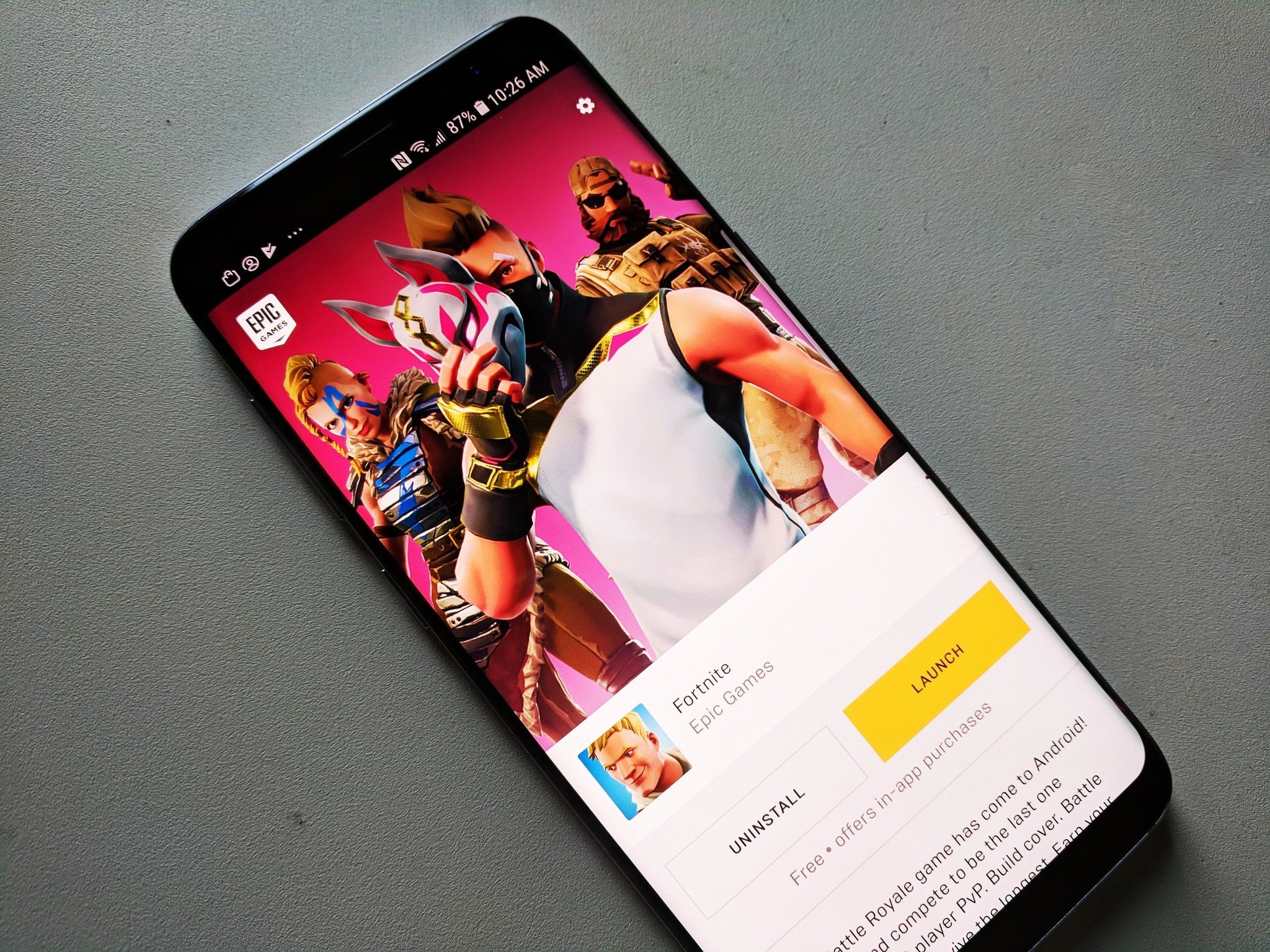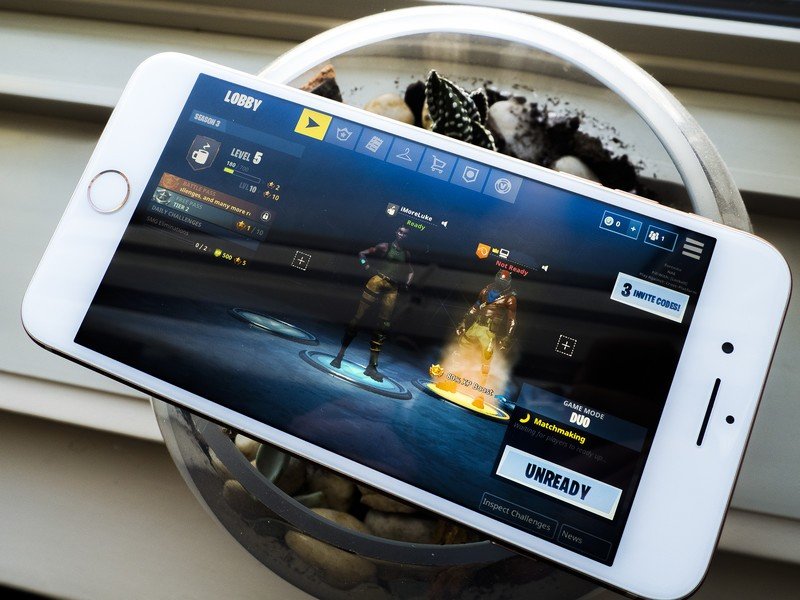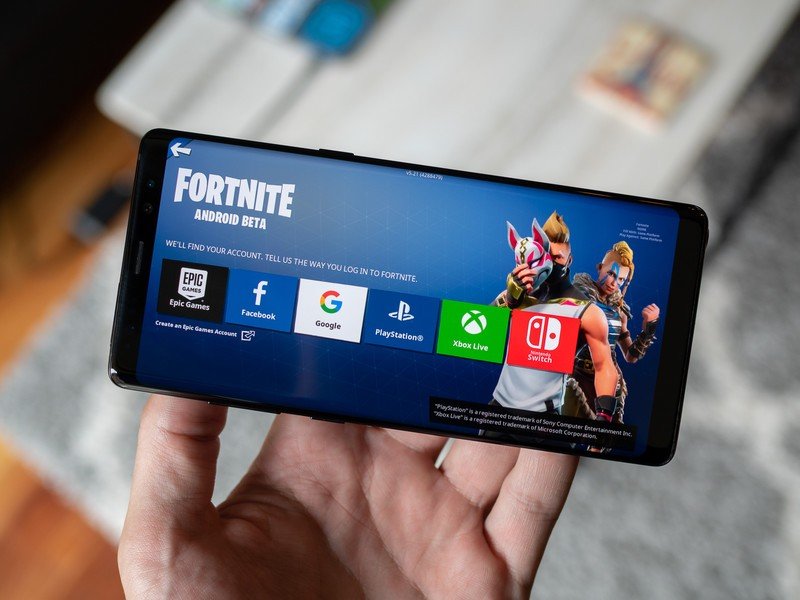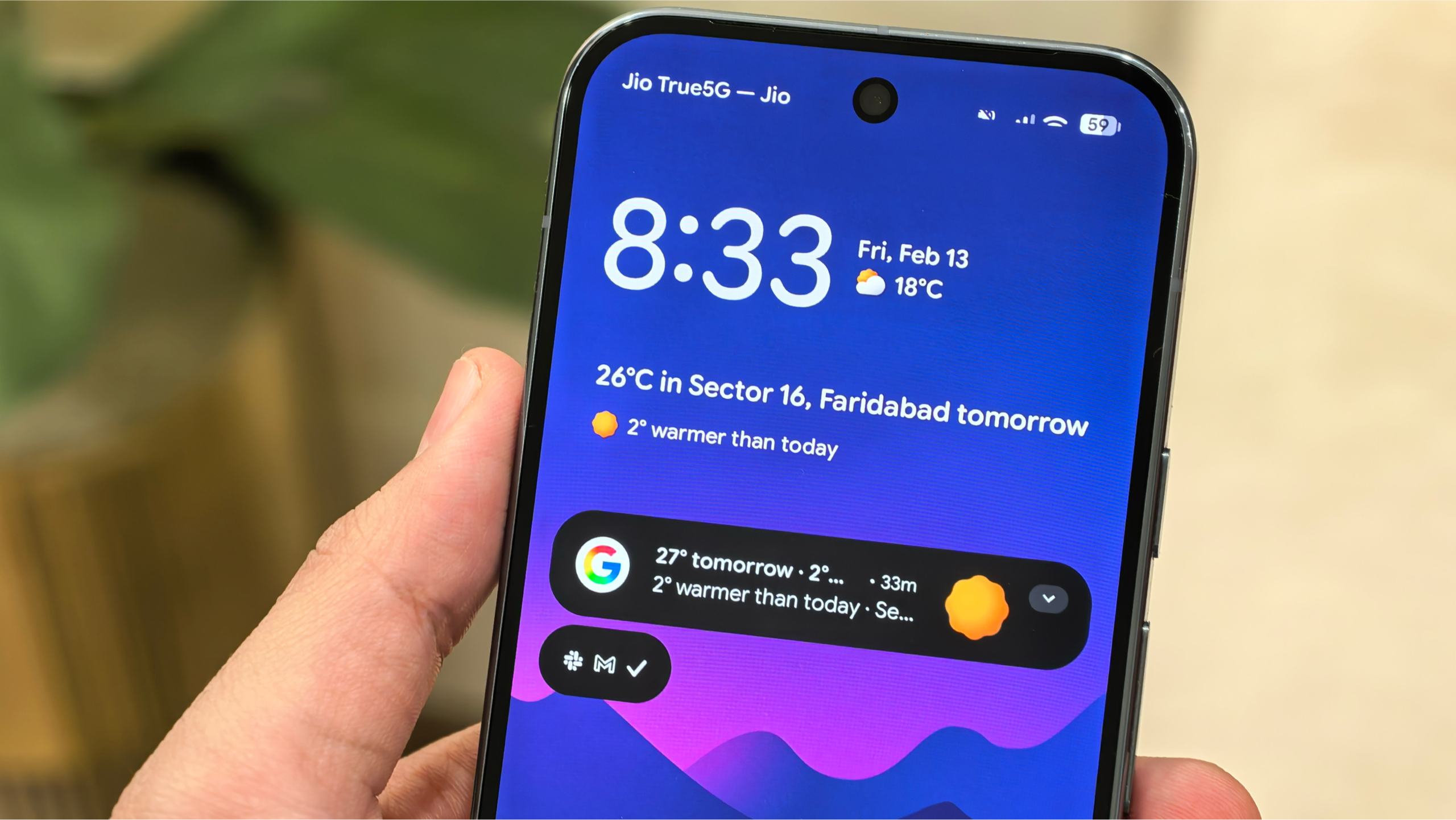Fortnite fiasco: Three multi-billion dollar companies drag phone users into a battle royale

Get the latest news from Android Central, your trusted companion in the world of Android
You are now subscribed
Your newsletter sign-up was successful
Fortnite for mobile is no stranger to controversy. Starting out as a timed exclusive for Samsung phones through Galaxy Apps, then as an open release through Epic's own site, and finally making its way to the Google Play Store made sure that everyone was talking about Fortnite even if they had no intentions of ever playing it. Even the iOS release was a drawn-out affair with a very limited beta release but plenty of coverage. Epic made sure everyone with a smartphone knew about Fortnite.
Epic Games giveth, Apple and Google taketh away.
All of this pales to the latest Fortnite disaster. Apple and Google have removed the Epic Games app — which is how you install and play the game — from their respective stores after Epic tried to circumnavigate the policies of both. It seems that Epic wanted to redirect users who wanted to purchase in-game currency to its own payment processor and bypass Apple and Google's to get around the 30% cut each takes from purchases. Since that's 100% against the rules of both platforms, Apple and Google removed the Epic Games app and Epic is suing them both because of it.
At least you can sideload Fortnite on Android.
This sort of thing happens every day, but this time is a bit different because of the scale. Fortnite is by any measure a wild success with millions and millions of mobile users who are willing to spend millions and millions of dollars. All those users are now pawns in what should be a business dispute.
But didn't you read what they said? Multi-billion dollar Epic and billionaire Tim Sweeney are here to fight for openness and fairness on behalf of little developers everywhere! 😂😂😂But didn't you read what they said? Multi-billion dollar Epic and billionaire Tim Sweeney are here to fight for openness and fairness on behalf of little developers everywhere! 😂😂😂— iPad Insight (@iPadInsightBlog) August 14, 2020August 14, 2020
Android users have it a little easier. We can sideload the Epic Games app directly from Epic or through another third-party store and I'm sure plenty who want to install Fortnite on a new phone will do just that. Epic doesn't like this solution and claims that Android forces users to click dozens of times to install an app from outside of Google Play and that their phones tell them that the game client is malware.
That's a broad mischaracterization of the actual process, but many of Epic's claims in its legal filings are. Lawyers are the masters of interpreting things differently to suit their needs so we shouldn't be surprised when we read claims that aren't 100% genuine, like Google doesn't allow third-party app stores to be used as a primary source (see Samsung or LG) or that no app is allowed to download newer versions or update itself outside of the Play Store (see Facebook). The truth is close to that, though, and Epic is trying to get its point across with damning accusations.

On the other end of the spectrum, we have Apple. Apple is the very definition of a closed system and the only way for most users to install Fortnite is through the App Store. If you Jailbreak your iPhone, you have other means, but few people are willing to take that risk or work that hard. Even for Fortnite.
This isn't anything new. The most recent example would be Microsoft's xCloud game streaming app, which Apple has blocked until Microsoft is willing to submit every game that a user can stream for individual approval. Apple has quoted rules as to why this is a requirement, but it seems a strange hill to die on — especially when Apple has shown it is willing to bend those rules for other companies like Amazon.
Get the latest news from Android Central, your trusted companion in the world of Android
Apple has killed Fortnite and Microsoft's xCloud in the same month.
Epic's claims against Apple hold a little more water because of all this. Apple has complete control and many would say draconian rules over the entire platform and when Epic says this is anti-competitive, it is hard to argue. But Epic may be the worst company of the three.
Epic's claims all fall apart when you consider that the company (presumably) read and understood the rules when it decided to place the Epic Games store on each platform or when it decided that it wanted to bypass the 30% transaction fees that both Apple and Google charge. Full stop — Epic decided those rules were fair enough and now it says they are not.
It is Epic that has decided you can't install Fortnite through your phone's app store. The company willingly broke the terms it agreed to after it gained millions and millions of new users and thought that this would give them a little bit of leverage. Apple and Google may have pulled the switch, but Epic put the noose around its own neck.
The willingness of all three companies to punish users is appalling.
But really, all three companies are wrong in one regard: they are willing to place users in the middle of what should be a business dispute. If you play Fortnite, you are not doing anything wrong; you're simply enjoying the phone you spent a lot of money to buy. If any of the three cared about you, they would have done whatever it takes to keep the Epic Games app in the store.

Apple and Google spend a lot of money to maintain their application markets. They also share a few responsibilities when it comes to security and content. Is a 30% fee too much to ask of a developer? Maybe. I think it is, but I'm not building and running my own app store for billions of users. While each company has to do a few things with our bests interests in mind, the real purpose of having an app store is to make money. A 30% transaction fee is a good way to do it.
Epic knew the rules and knew its app would be banned.
Epic Games' reason to exist is the same: money. Epic isn't your friend nor your enemy and to it, you only exist as a number attached to a dollar sign. This is still a good reason why Epic should want you to be a satisfied customer, though — a happy customer is willing to spend more money, especially on a freemium game like Fortnite.
Epic's willingness to break the terms of its contract tells us that it wants to cause enough uproar that Apple and Google will relent and give it a special deal or apply special rules. And that might happen; Fortnite is a pretty big deal and there are plenty of people who like the game enough to stand with Epic on the whole mess.
In the end, though, everyone involved is wrong. Epic should follow the rules so its app stays in Google Play and the App Store while all three companies try to resolve the issue. Even if that means going to court. None of this is our fault but we are also being punished.

Jerry is an amateur woodworker and struggling shade tree mechanic. There's nothing he can't take apart, but many things he can't reassemble. You'll find him writing and speaking his loud opinion on Android Central and occasionally on Threads.
